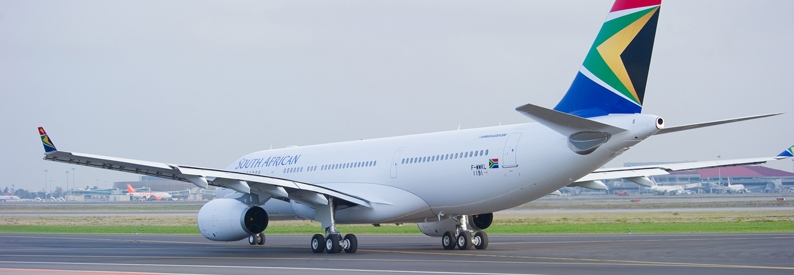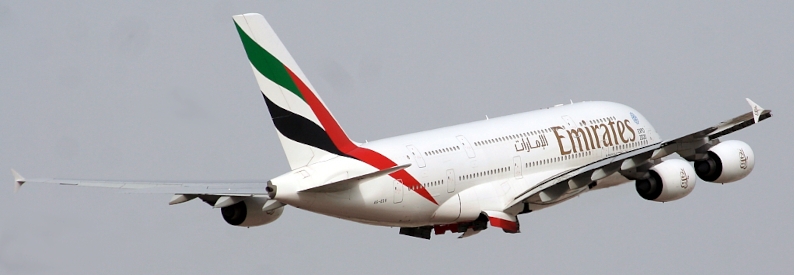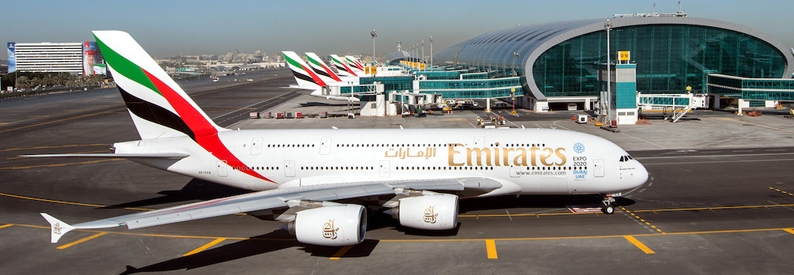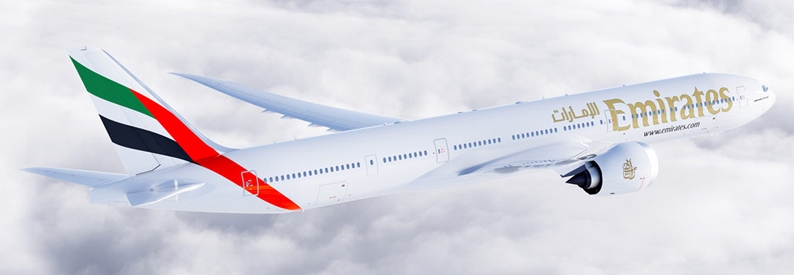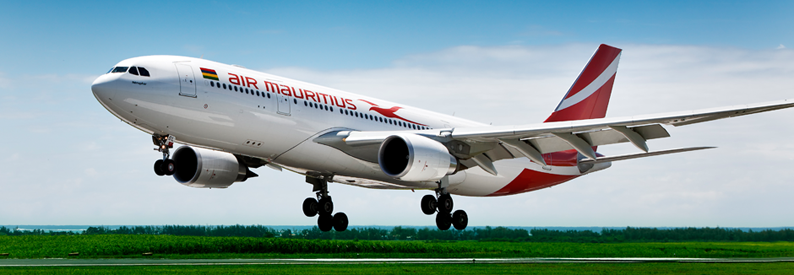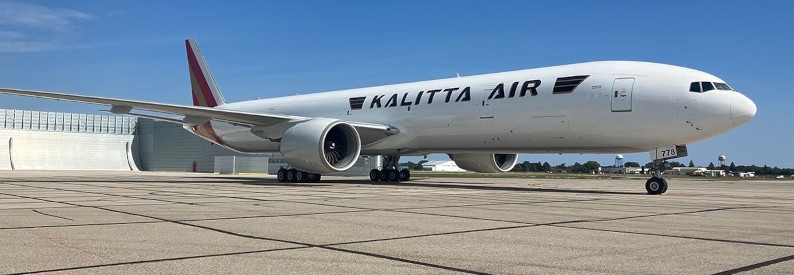Emirates (EK, Dubai International) has been fined USD400,000 by the US government for violating a June 2019 NOTAM which banned all US commercial carriers, including codeshared flights with US carriers operated by other airlines, from transitting the overwater area of the Tehran Flight Information Region (FIR) above the Persian Gulf and the Gulf of Oman due to heightened military activities and increased political tensions in the region.
Although Emirates is a foreign carrier, under the terms of its US Foreign Air Carrier Permit (FACP), any flight it operates as a codeshare with a US airline is subject to any operational restrictions as imposed by the US Federal Aviation Administration (FAA) and, therefore, the US Department of Transportation (DOT).
According to a DOT Consent Order, an investigation by its Office of Aviation Consumer Protection (OACP) revealed that between July 1 and July 19, 2019, Emirates violated US regulations by operating flights carrying the JetBlue Airways (B6, New York JFK) code in the area affected by NOTAM KICZ A0019/19.
"By operating flights carrying the B6 code in airspace in which the FAA prohibits US operators and airmen from flying, Emirates operated in violation of the conditions of its statement of authorisation," the DOT said.
In response, Emirates said that immediately after the FAA’s issuance of NOTAM KICZ A0019/19 last year, it suspended all flight operations in Tehran FIR except for 2x daily service to Tehran Imam Khomeini. However, when Emirates resumed US-origin/destination flights through the affected region, it said it inadvertently retained jetBlue's code due to internal oversight. It added that once it had become aware of the situation, it took immediate corrective action to remove the B6 code and ceased all commercial passenger flights under the B6 code through the Tehran FIR.
The carrier said it had also conducted a thorough review of its policies to determine the root cause of the oversight and that it quickly implemented internal organisational and process-related changes to avoid any recurrence of the issue in the future.
However, while Emirates believed this "inadvertent oversight" should not merit enforcement action, the OACP did. Therefore, to avoid litigation, the airline consented to USD400,000 in a compromise of potential civil penalties otherwise due. And while the airline neither admitted nor denied any of the aforementioned violations, it did consent to the issuance of this order to cease and desist from future violations.
Of the USD400,000, USD200,000 will be due and payable within 120 days of the issuance of the order, i.e. October 1, 2020. The remaining USD200,000 will become due and payable if, within one year of the issuance date of this order, Emirates violates the order’s cease and desist or payment provisions, in which case the entire unpaid amount will become due and payable immediately with Emirates liable to additional enforcement action.
- Type
- Base
- Aircraft
- Destinations
- Routes
- Daily Flights

